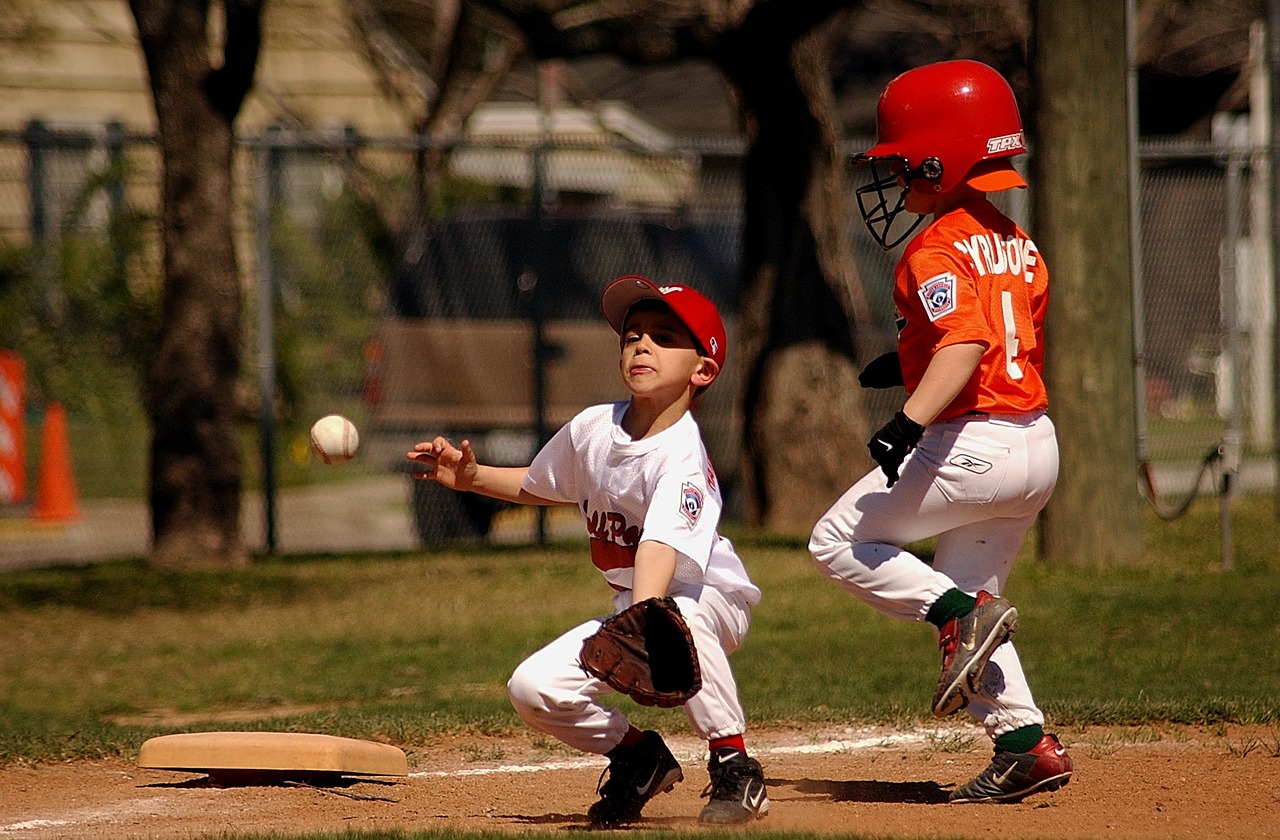Leveraging Social Media Data for Enhanced IPL Performance Analytics: Cricbet 99, Sky1exchange.con, Reddy anna online book number
cricbet 99, sky1exchange.con, reddy anna online book number: Leveraging Social Media Data for Enhanced IPL Performance Analytics
Social media has become an integral part of our daily lives, with millions of users sharing their thoughts, opinions, and views on various platforms. In the world of sports, social media data has also become a valuable tool for teams and players to gain insights into their performance and engagement with fans. With the rise of the Indian Premier League (IPL), cricket teams are now turning to social media data to enhance their performance analytics and gain a competitive edge.
In this blog post, we will explore how social media data can be leveraged to improve IPL performance analytics and help teams make better decisions on and off the field.
Understanding Fan Sentiment
One of the key benefits of leveraging social media data for IPL performance analytics is understanding fan sentiment. By analyzing comments, mentions, and conversations on social media platforms, teams can gauge how fans are feeling about their performance, players, and strategies. This valuable insight can help teams make adjustments to their game plan and engage with fans in a more meaningful way.
Player Performance Tracking
Social media data can also be used to track player performance and identify trends and patterns. By monitoring players’ social media accounts, teams can gain insights into their training regimes, mindset, and overall well-being. This information can help coaches and team managers make informed decisions about player selection, strategy, and game development.
Competitor Analysis
In the competitive world of the IPL, teams are constantly looking for ways to gain an edge over their rivals. Social media data can be a powerful tool for competitor analysis, allowing teams to track their opponents’ strategies, player performances, and fan engagement. By analyzing this data, teams can develop counter-strategies, anticipate their opponents’ moves, and stay ahead of the game.
Fan Engagement
Fan engagement is crucial for the success of any sports team, and social media data can play a vital role in enhancing this aspect of the game. By analyzing fan interactions, preferences, and feedback on social media platforms, teams can tailor their content, promotions, and events to better connect with their audience. This personalized approach can lead to increased fan loyalty, ticket sales, and merchandise purchases.
Sponsorship Opportunities
Social media data can also help teams identify potential sponsorship opportunities and partnerships. By analyzing fan demographics, interests, and engagement levels, teams can pitch targeted sponsorship packages to brands looking to connect with their target audience. This data-driven approach can lead to lucrative partnerships that benefit both the team and the sponsor.
Real-time Insights
In the fast-paced world of the IPL, real-time insights are crucial for making quick decisions and adjustments. Social media data can provide teams with instant feedback on player performances, fan reactions, and competitor activities. This real-time information can help teams stay agile, react swiftly to changing circumstances, and optimize their performance on and off the field.
In conclusion, social media data has the potential to revolutionize IPL performance analytics and help teams achieve greater success. By leveraging this valuable resource, teams can gain insights into fan sentiment, track player performance, analyze competitors, engage with fans, identify sponsorship opportunities, and make real-time decisions. In a competitive league like the IPL, harnessing the power of social media data can make all the difference between victory and defeat.
FAQs
Q: How can social media data be used to track player performance?
A: Social media data can be analyzed to gain insights into players’ training regimes, mindset, and overall well-being, which can help teams make informed decisions about player selection and strategy.
Q: How can social media data help teams engage with fans?
A: By analyzing fan interactions, preferences, and feedback on social media platforms, teams can tailor their content, promotions, and events to better connect with their audience, leading to increased fan loyalty and engagement.
Q: How can social media data be used for competitor analysis?
A: Social media data can help teams track their opponents’ strategies, player performances, and fan engagement, allowing them to develop counter-strategies, anticipate their opponents’ moves, and stay one step ahead of the competition.







